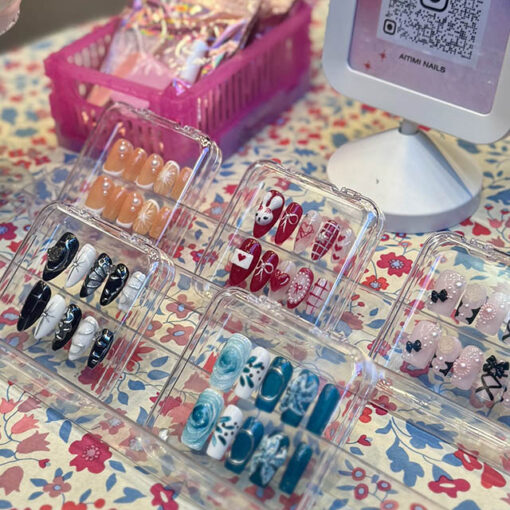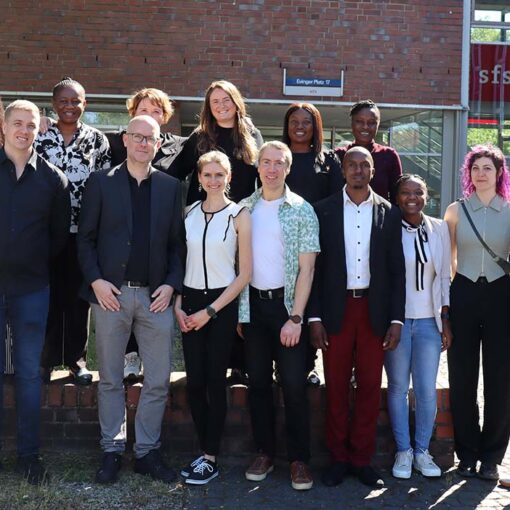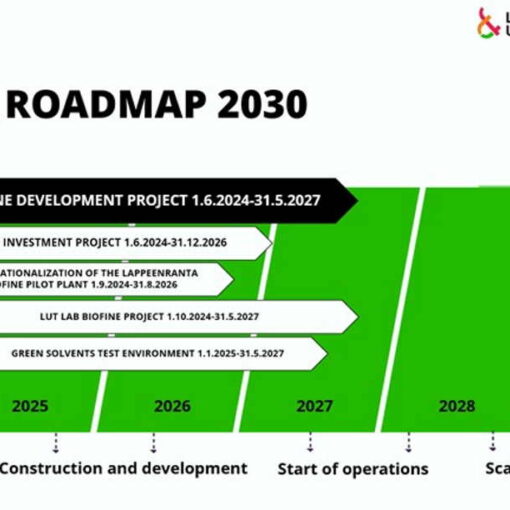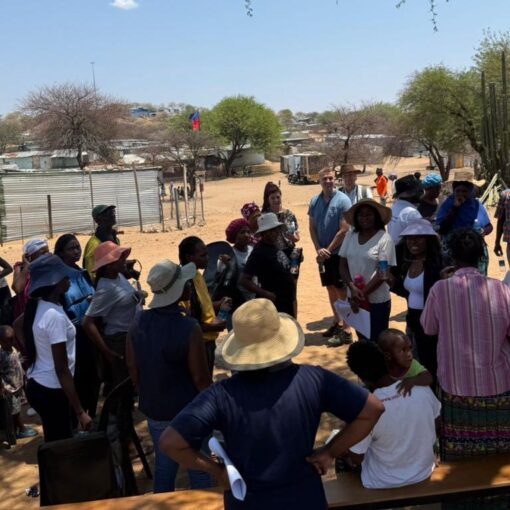The SmartVille project (Developing Sustainable and Entrepreneurial Villages through Educational Living Labs in Namibia and Zambia) aims to develop new innovative approaches and initiatives for entrepreneurship education in Zambian and Namibian universities and for community development by bringing access to informal and formal education and training tools through establishing technological learning environments, Living Labs, in underserved rural villages in Zambia and in Namibia. (LAB 2025)
In the SmartVille project four innovative learning environments (Living Labs) are to be established, two in Zambia hosted by University of Lusaka and Mulungushi University, and two in Namibia hosted by Namibia University of Science and Technology and University of Namibia, to increase access to education also among the most vulnerable and disadvantaged groups (women, youth, people with disabilities) by offering both formal and informal education through Living Labs. (LAB 2025)
Living Labs have a significant role in the SmartVille-project providing the platform for entrepreneurship education. Each Namibian and Zambian Higher Education Institution (HEI) has carefully selected the sites to be hosted as the Living Lab sites.
The genesis and development of the Kasisi Living Lab
Kasisi, a modest yet vibrant agricultural community located on the outskirts of Lusaka, Zambia, was selected as the Living Lab site hosted by the University of Lusaka due to its strategic location and existing agricultural infrastructure.
The selection of Kasisi as the Living Lab site was inspired by a field excursion undertaken by second-year Development Studies-students from the University of Lusaka as part of their coursework in “Nutrition and Food Security”. While conducting scooping visits to various communities, Kasisi was striking; not only because of its closeness to the capital city Lusaka and one of University of Lusaka’s campuses, but also because of the already ongoing agricultural activities and training offered by the local college. When it came to selecting an actual location out of the many that were scoured, Kasisi stood out to be the site for the SmartVille project.
Following the initial site selection, a baseline survey was conducted across four agricultural camps within Kasisi. The primary objective of this survey was to identify the specific needs of the community, thereby informing them of the design and implementation of the Living Lab. Subsequently, focus group discussions (FGDs) were held in Kasisi, involving all consortium partners during their mobility program in Zambia in August 2024. These discussions provided a platform for community members to articulate their aspirations and expectations, reinforcing the project’s commitment to participatory development.
The establishment of the Living Lab was not without challenges. The process involved identifying suitable solar energy suppliers, overseeing the installation of solar panels, procuring ICT and IoT equipment, and selecting an appropriate venue for community-based instruction. Despite these hurdles, the project team demonstrated commendable dedication and collaboration, successfully achieving each milestone.
![[Alt text: a group of people standing in front of the house.]](https://blogit.lab.fi/labfocus/wp-content/uploads/sites/8/2025/09/347_2025_SmartVille-establishing-the-Living-Lab-in-Kasisi-Zambia-1-1024x646.jpg)
Energy from solar panels
Currently, solar panels have been installed on the roof of the training college’s kitchen, harnessing solar energy to support the lab’s operations. Computers are available for use by students, facilitating the enhancement of their agricultural and entrepreneurial skills. Additionally, educational materials aimed at improving digital literacy within the community have been developed and are ready for dissemination.
The Kasisi Living Lab represents more than a physical space; it embodies a collaborative and transformative initiative born from the collective efforts of a diverse group of stakeholders. It serves as a hub for innovation, education, and empowerment—a beacon of hope and progress for the Kasisi community. The Kasisi Living Lab has slowly wormed itself into the hearts of the community members and become a place to be called “home”.
Authors
Mia Ekman works as a Senior Lecturer in the Faculty of Business at LAB University of Applied Sciences. Currently works also as a project manager in the Developing Sustainable and Entrepreneurial Villages through Educational Living Labs in Namibia and Zambia (SmartVille) project.
Kavuyi Kamelu works as a Development Lecturer and Researcher in agricultural research projects with a focus on making small agricultural innovations work for small holder farmers affected by HIV/AIDS at University of Lusaka. Currently works also as a project manager of University of Lusaka in the Developing Sustainable and Entrepreneurial Villages through Educational Living Labs in Namibia and Zambia (SmartVille) project.

References
LAB. 2025. Developing Sustainable and Entrepreneurial Villages Through Educational Living Labs in Namibia and Zambia. Project websites. LAB University of Applied Sciences. Cited 22 May 2025. Available at https://lab.fi/en/project/developing-sustainable-and-entrepreneurial-villages-through-educational-living-labs-namibia




